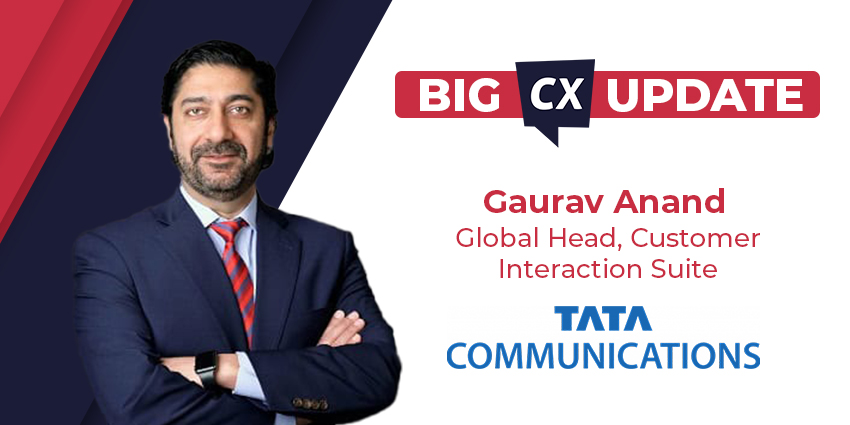Salesforce has unveiled an ambitious new goal: surpassing $60BN in annual revenue by fiscal year 2030.
That’s a big leap from $37.9BN in fiscal 2025, and the company is betting heavily that AI will get it there.
Outlined during Salesforce’s Investor Day in San Francisco, the target calls for an organic growth rate of at least 10 percent CAGR from fiscal 2026 through the end of the decade, signaling confidence in the company’s expanding artificial intelligence (AI) portfolio and long-term growth strategy.
It’s part of a broader “50 by FY30” plan Salesforce introduced alongside the revenue goal, where the combined total of the company’s subscription and support growth rates and operating margins will hit 50.
In short, Salesforce wants to grow fast and stay profitable.
AI was the dominant theme at this year’s Dreamforce, underscoring the company’s shift towards automation across its product suite. The company reported that its Data and AI business reached $1.2 billion in the second quarter, marking a 120% year-over-year increase.
Central to that growth is Agentforce, Salesforce’s agentic AI platform that enables companies to build autonomous agents that can handle tasks across sales, customer service, marketing, and commerce.
Challenges on the Road to $60BN
Salesforce disclosed that its agentic AI annual recurring revenue (ARR) stood at $440 million in the quarter. The company said early adopters are reporting 3-4 times ARR boosts when they scale agentic AI across their operations.
But reaching the lofty $60BN target will be an uphill climb, as the company reported that 12,000 of its customers have adopted Agentforce. While that sound like an impressive figure, it represents just 8 percent of Salesforce’s total 150,000 customer base.
To reach its goal, the company will need to turn enthusiasm from its early adopters into broad, sustained adoption throughout its customer base. That means proving real ROI from agentic AI, not just hype, and making it easy for customers to integrate these tools into their workflows.
Salesforce will likely have to dedicate resources to customer education, AI-driven upselling and tighter product integration. At the same time, it needs to fend off growing competition from Microsoft, Oracle and startups offering specialized AI solutions, while maintaining its profitability focus.
The company is fine-tuning its business machine by scaling and optimizing its sales teams and rethinking its customer success model to increase net new annual order value.
Marc Benioff, Salesforce Chairman and CEO, pointed to AI as the catalyst for customer transformation and company growth, stating:
“We’re leading the next great transformation in business — the era of the Agentic Enterprise — where AI elevates human potential and accelerates growth.”
Salesforce’s path to $60BN will depend on the balancing act of maintaining its organic growth while expanding margins. That hinges on continued adoption of its AI suite and deeper cloud integration.







